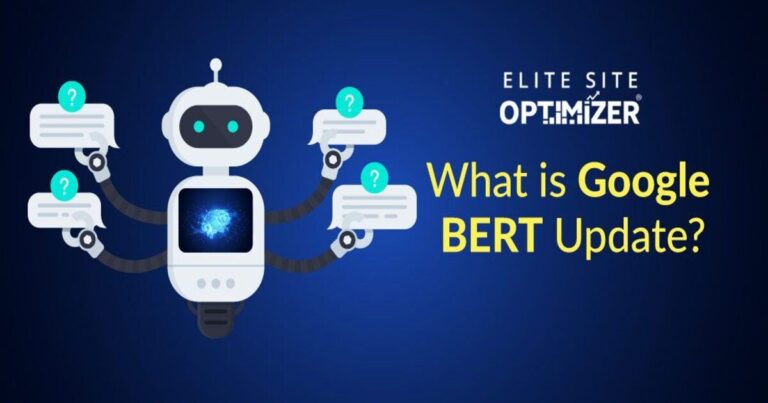Web strategists strive hard to hit the “targeted “optimization ranking on SERP. Undoubtedly, veteran strategists would never overlook the significance of internal pages and weigh them on par with the home page of their websites. “Inbound links” as they are called contribute heavily towards boosting page views, decreasing the bounce rates and spiking conversion rates. Such inbound links when generated through internal linking of web pages (deep linking pages) breed true value to the website optimization. This is called deep linking.
For a top performing webpage if the ratio between the number of inbound links to your home page vs. inbound links to all the other pages of your website is 3:1 or higher, it means your bounce rate for this page is high and needs your attention. Deep linking comes in handy here.
Why should you focus on deep linking pages?
To own an authoritative website:
A website is a collection of web pages which needs to be treated equally. Sticking on to boosting your SERP ranking based on your homepage alone does not actually serve the purpose. When the search engine ranks your website and finds the internal pages to be poorly managed, it would pull down the ranking of the entire website. Through deep linking, you could actually maintain an authoritative website on the whole.
Improve your relevancy:
No marketer can optimize every word of his website homepage. Instead, he can have a keyword rich homepage in turn linked to internal pages of relevance which are similarly optimized. This mention of links in the metadata is crawled and indexed which improves the relevancy and also helps in quantifying the website in a better way.
Elevating website visibility:
If you maintain the website for a larger concern, you may have a tough time optimizing the web pages because of its number and size. Deep linking pages, if used appropriately could come to your rescue. You could optimize your homepage and deep link internal pages of relevance through smart navigation. This way your website remains connected and the search engine can navigate and index your pages and credit them.
User-friendly Website:
Your visitors will never feel lost in your website. You can effectively deep link your product pages with your homepage to help drive traffic to crucial touch points of your website. For user access through mobile, deep linking can direct your users to the app store. This further helps in connecting deeper with the customer base and communicate important messages and deals through the app. Deep linking capabilities also help app marketers to boost their paid marketing campaigns over social media.
Read Also: How To Design A SEO Friendly Website?
Deep linking on mobile apps
So is deep linking any different on mobile apps?
- In iOS, deep linking is called as universal links and they allow the users to access a website or web page from their email or messages. To ensure the security of such links i.e. HTTPS, it is required that these links are configured with SSL certifications.
- Coming to Android, these links configure the manifest files to handle the URL data.
Android and iOS work based on the URI schema to manage content in the URL. Deep links prompt the users to install the mobile app or try opening up the web page on a default browser. In other cases, it also redirects the user to the app store for a mobile app install.
Converting visitors into potential customers:
Where am I?
Never let your visitor ponder over this question. Always have internal links relevant for your viewers to be engaged. Have your logo on every page so that the access to your home page at any point of time is easy. Also have a search tab for your users to easily ask and find the information they need.

Where next?
Give them abundant options to explore on your website. Have a list of related articles and content displayed on the webpage and urge them to look for more.

Where has the user been?
Your user could land up on their desired page through multiple ways. You cannot expect them to stick on to a fixed path. Always showcase relevant information on all pages. A newsletter subscription option on all pages could be a good idea as a follow up.
A silver guideline
The most important is the flow of pages. For example. Let’s take the case of – a website which wants the users to guess the winner of a contest. The users will have to attempt the test and come out with the right option. Here if deep linking pages was implemented, the entire idea would go in the drain. Users could simply navigate to the answer page and be done. In such cases, to avoid linking these pages, marketers can use the code:
<META NAME=”robots” CONTENT=”noindex”>
This will avoid the search engine from indexing that particular page.
So how can it be happily ever after?
Considering the homepage alone to attain a high SERP ranking cannot accomplish the purpose. In turn, implementing a wholesome approach is the best way to improve the online visibility and optimization standards through utilizing the complete worth of the website.







